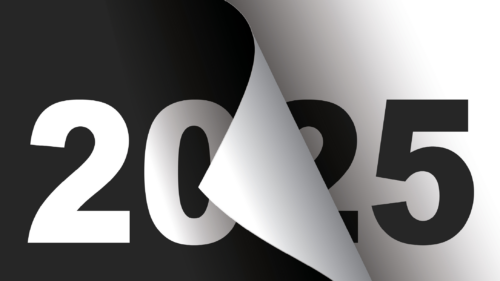I’m sure you’re thinking, “Of course it is. Options mean my employees can choose exactly what’s right for them!”
Well, believe it or not, more isn’t always better. In fact, offering many employee benefit choices is often the exact opposite of what you need to do. The phenomenon is called the “Paradox of Choice.” Here’s how it works:
Options Create Paralysis
Multiple studies show that having options, especially too many options, creates inaction or decision paralysis. Whether it’s picking an employee benefit, choosing a mutual fund, or deciding which ketchup to buy at the grocery store, having many choices actually reduces engagement.
One such study is the Jam study.
One week, shoppers at a grocery store were given samples of six different types of jam and 30 percent of the shoppers decided to buy jam. A different week, shoppers were given samples of 24 different jams, yet only 3 percent of the shoppers decided to buy jam. Making a decision between the different jams was overwhelming enough that the shoppers decided not to buy at all.
Are you offering too many options to your employees, causing them to simply say “nevermind”?
Not Qualified to Make the Decision
What if you went to your lawyer and instead of giving you her guidance, she simply said, “Here are three different options of how to handle your case. What would you like to do?” Likely, your immediate response would be, “What do you suggest?” How happy would you be if she simply replied, “It’s your choice. You have the freedom to choose whatever you want.”? Do you feel like you could make the best legal decision without her expertise?
Well, the same is often true with the employee benefits you offer your employees. They often don’t have the necessary background to make the best decision or the time necessary to research all the options. Quite often, your employees need (and want) your recommendation to make the right decision.
Choice Decreases Satisfaction
This might seem counterintuitive, but when you have a choice between two options, the opportunity cost of the choice you didn’t make decreases the value of the choice you did make.
Said differently, when you make a choice between two options, you’re consciously not choosing the other option. Imagining how the choice you didn’t make might have been better causes regret about the choice you did make. Additionally, by increasing the options, you increase expectations. With higher expectations, it’s harder to be satisfied with the choice you make. Are you creating dissatisfaction instead of satisfaction?
As you think about your overall employee benefits package, wellness program, or any employee offering, think about the Paradox of Choice before increasing the options you provide. And if you have any questions about this, reach out and ask! We’re here to help.







